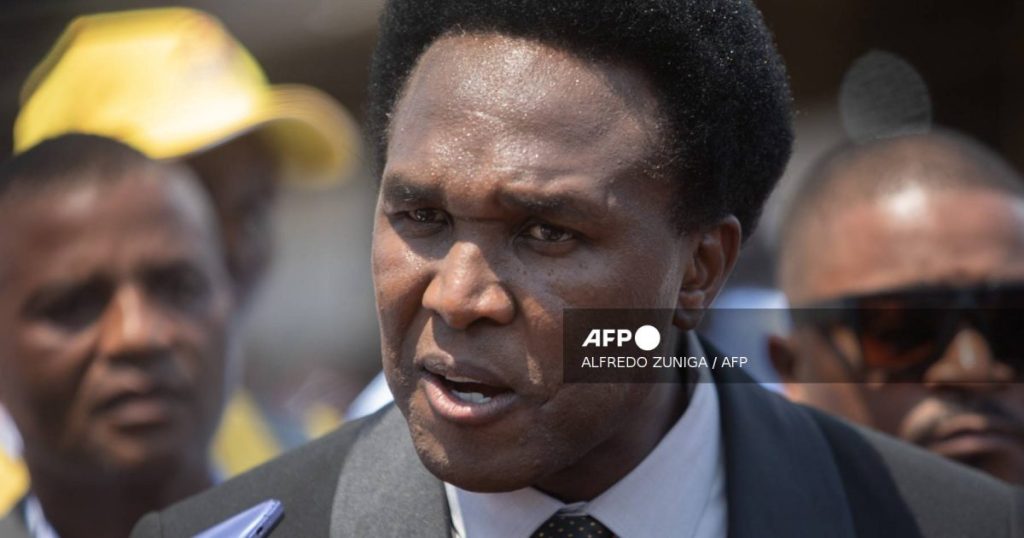On Saturday, the political landscape of Mozambique was drastically affected following the assassination of Elvino Dias, a lawyer representing Venancio Mondlane, the leading opposition candidate in the recent presidential elections. Mondlane had contested the elections held on October 9, aiming to challenge the ruling Frelimo party, which has been in power since Mozambique achieved independence 49 years ago. The tragic incident occurred in Maputo, where Dias and fellow candidate Paulo Guambe from the Podemos party were gunned down while their car was parked in the city center, sending shockwaves throughout the country. Eyewitness accounts report that two armed assailants opened fire on their vehicle, highlighting the escalating violence and threats against opposition figures.
The confirmation of the killings came from Podemos party leader Albino Forquilha, who expressed deep sorrow over the incident. The national lawyers’ association also echoed these sentiments, expressing “deep shock” at the brutal murder of Dias. These statements reflect widespread concern over the implications of such acts of violence on the rule of law and civil liberties in Mozambique. The killings have raised alarms within civil society, with groups like Mais Integridade describing the murders as a “repugnant” act of intimidation that threatens the democratic fabric of the nation. This sentiment underscores the sense of fear and instability that can arise when political dissent is met with violence.
In response to the assassinations, local police indicated that an investigation had been initiated, although they did not provide immediate confirmations regarding the identities of the deceased men. The European Union reacted swiftly, condemning the killings and calling for a thorough and transparent investigation to bring those responsible to justice. The EU’s statement emphasized that politically motivated killings have no place in a democratic society, reinforcing the need for accountability and protection of political actors. The swift international response illustrates the gravity of the situation and the importance of maintaining democratic principles in the face of violence.
As Mozambique awaited the official nationwide results of the elections, expected to be announced on October 24, tensions were high. Mondlane had already asserted his victory shortly after polling closed, claiming that allegations of electoral fraud were being perpetrated by the ruling Frelimo party, which had announced a leading position in initial ballot counts. The narrative of potential fraud and illegitimacy surrounding the elections could fuel further unrest, leaving the country on edge as various political factions prepare for the next steps amidst operating under an atmosphere of fear.
In light of the shootings, Mondlane called for demonstrations to take place Monday, suggesting that political dissent would not be quelled by violence. His actions will likely resonate with many of his supporters who feel passionately about their democratic rights and the need for political reform in Mozambique. The situation presents a critical moment for both the opposition and the ruling party as civil society begins to grapple with the implications of these targeted killings. The potential for widespread protests signifies a turning point where the populace may demand justice for Dias and Guambe and call for a reevaluation of the current political environment.
The unfolding events paint a troubling picture of Mozambique’s democracy, nuanced by the historical context of Frelimo’s long-standing rule and the recent elections marked by allegations of corruption and violence. The deaths of key opposition figures could have lasting consequences on political discourse and civic engagement in the country, setting a disturbing precedent for future interactions between government entities and opposition groups. As Mozambique navigates this crisis, the response from both local and international communities will be crucial in fostering an environment conducive to a healthier political structure and promoting the principles of democracy that have seemingly become jeopardized.


